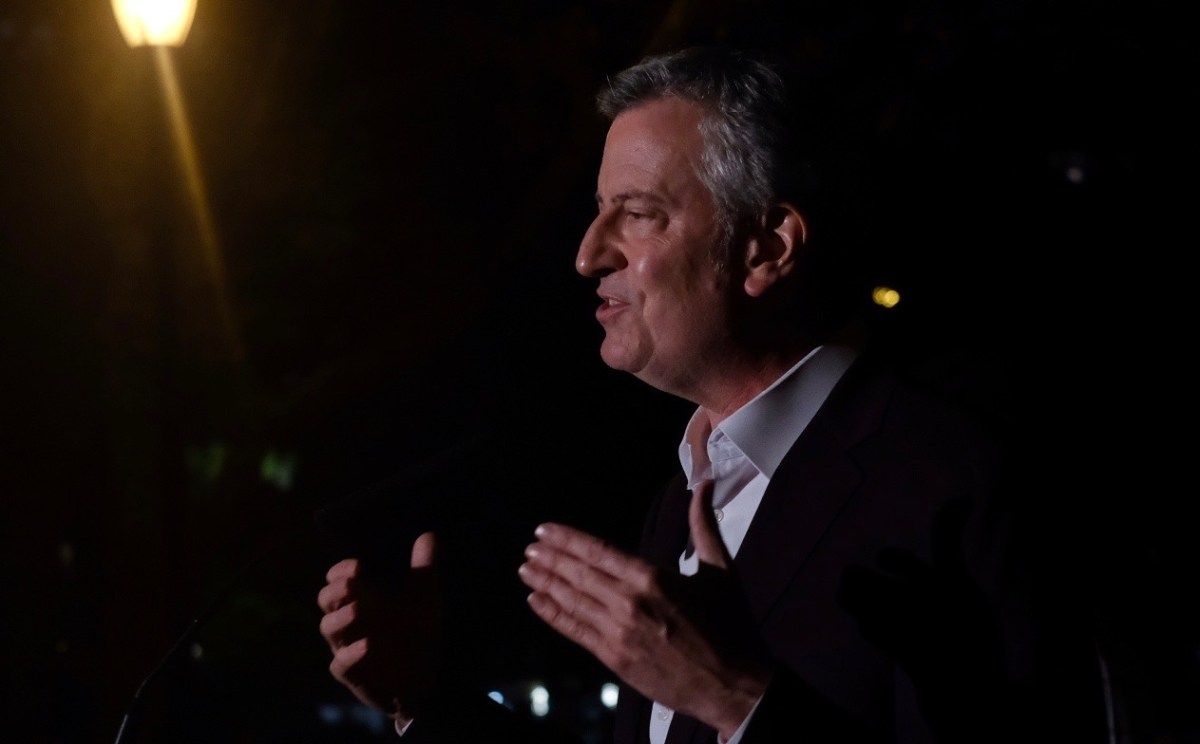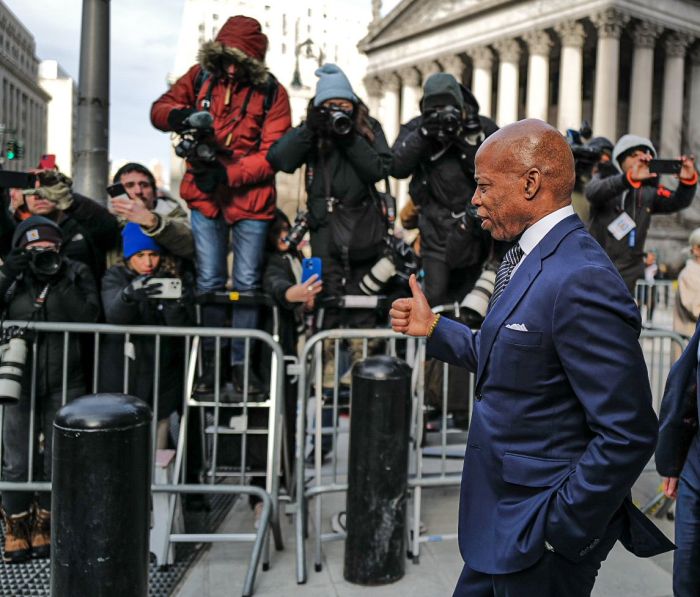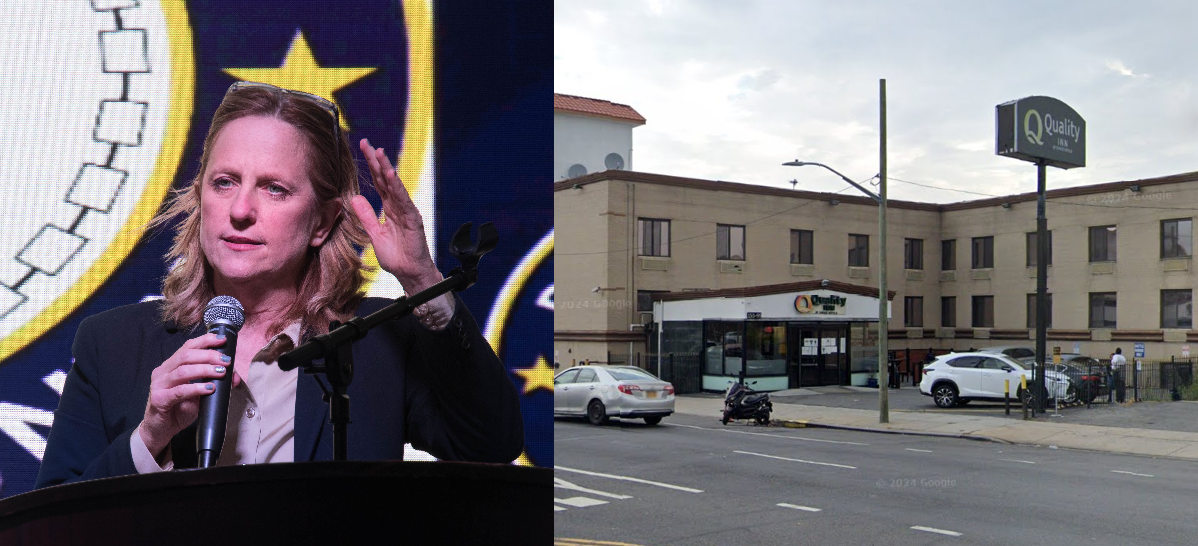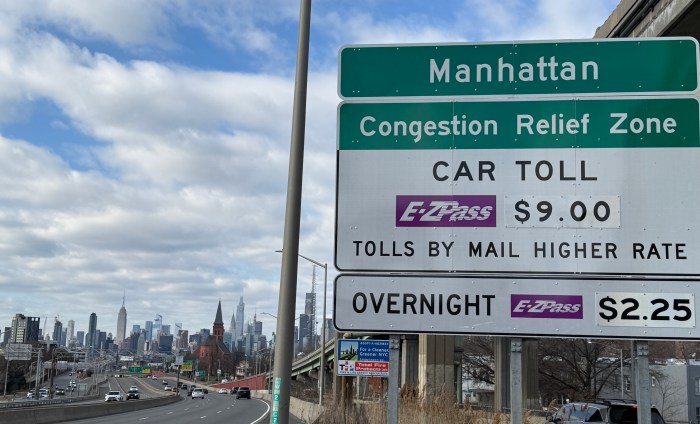Mayor Bill de Blasio said the revelation came to him while spending time with the youth of southeast Queens from LifeCamp. If funding goes to social services that prevent crime, the mayor reasoned, incidents of racist law enforcement could be reduced.
De Blasio spoke about his epiphany during a Sunday conference call with Black religious leaders in his announcement to divert NYPD funds to communities of color most impacted by over-policing, but as with other announcements in recent weeks in regard to reform, there were few details.
According to the mayor, an undisclosed amount of NYPD funds will instead go toward youth programs and social services. Lawmakers and civic activists have called for $1 billion to be shifted away from the department’s $6 billion annual budgetary allocations for those very purposes.
“I listened to young people after young person talk about what it was like to feel that their lives were surrounded by disrespect, devaluation, that they were surrounded trauma and pain while trying to find their way to their future,” de Blasio said. “We in this city will commit ourselves to those initiatives like the Cure Violence and the crisis management system that engage our young people and help them away from negative influences, help them become peacemakers themselves.”
Two weeks ago, as riots and looting coincided with the protests against the police-involved death of George Floyd in Minneapolis, de Blasio said there would be a review of NYPD members to cull bad apples from the heard under the leadership of the city Department of Investigation and Corporation Counsel.
The mayor additionally said he would also lobby for repeal of 50-A in Albany, which happened last week along with a ban on chokeholds during arrests.
“We’ll put real resources into that because it works and it’s necessary, we take resources, take finances from policing and put into youth services and social services to go to the root of the problem,” de Blasio added. “We will create new, speedy and clear protocols for justice within the NYPD because if we are held, all of use, to a standard of justice, we want the same for those who are supposed to protect and serve us.”
But while 50-A has been controversial, the de Blasio administration’s discretion at releasing records of police officers accused of misconduct has been blamed as the most problematic aspect.
Governor Andrew Cuomo, meanwhile, has claimed that despite 50-A being on the books for decades, no mayoral administration has used it to shield bad actors in the police department like that of de Blasio.
Meanwhile, staff members of the mayor’s own administration, past and present, have issued a joint letter and protested de Blasio’s reluctance to impose comprehensive police in his seven years in office despite ending stop-and-frisk.



































